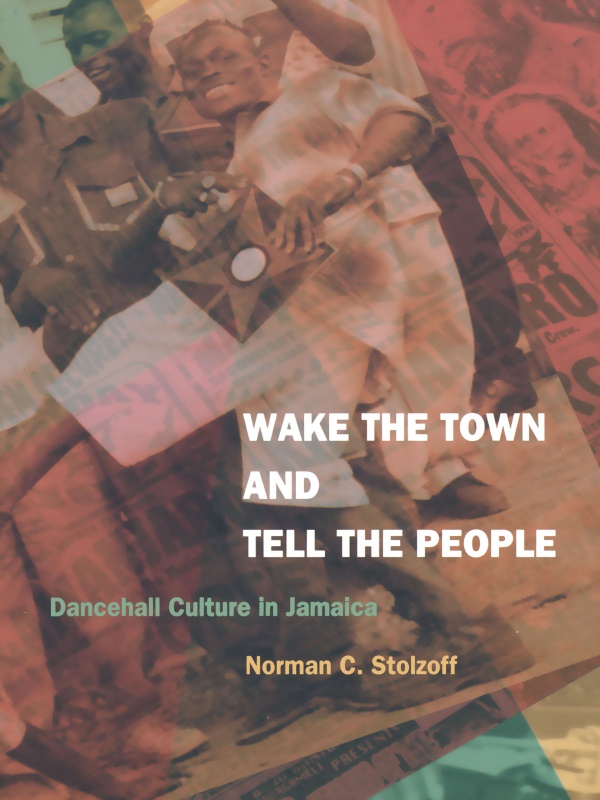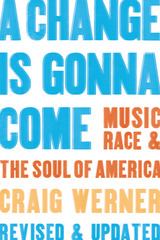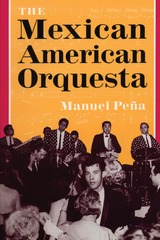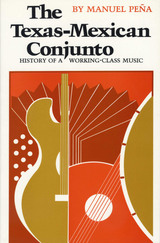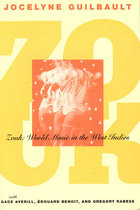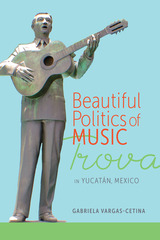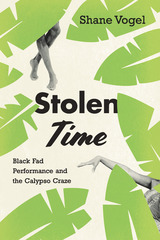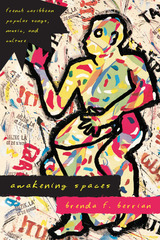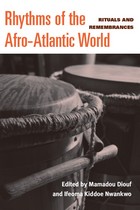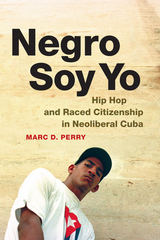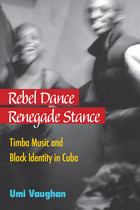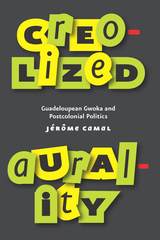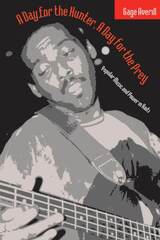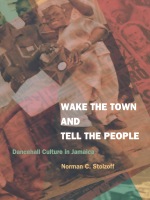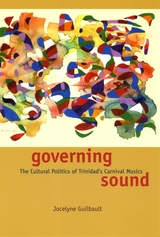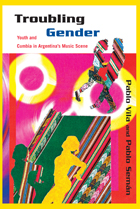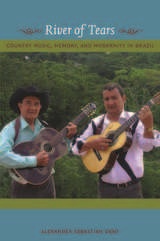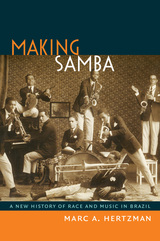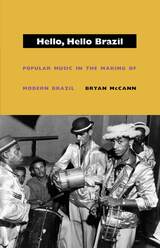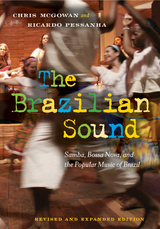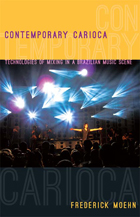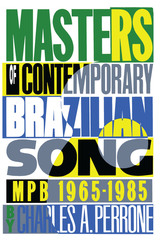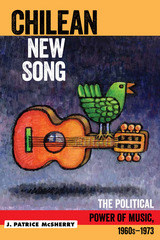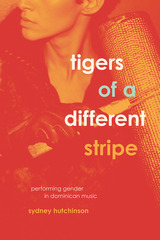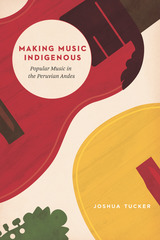Wake the Town and Tell the People: Dancehall Culture in Jamaica
Duke University Press, 2000
Cloth: 978-0-8223-2478-2 | Paper: 978-0-8223-2514-7 | eISBN: 978-0-8223-7757-3 (standard)
Library of Congress Classification ML3486.J3S76 2000
Dewey Decimal Classification 306.484
Cloth: 978-0-8223-2478-2 | Paper: 978-0-8223-2514-7 | eISBN: 978-0-8223-7757-3 (standard)
Library of Congress Classification ML3486.J3S76 2000
Dewey Decimal Classification 306.484
ABOUT THIS BOOK | AUTHOR BIOGRAPHY | REVIEWS | TOC | REQUEST ACCESSIBLE FILE
ABOUT THIS BOOK
Jamaican dancehall has long been one of the most vital and influential cultural and artistic forces within contemporary global music. Wake the Town and Tell the People presents, for the first time, a lively, nuanced, and comprehensive view of this musical and cultural phenomenon: its growth and historical role within Jamaican society, its economy of star making, its technology of production, its performative practices, and its capacity to channel political beliefs through popular culture in ways that are urgent, tangible, and lasting.
Norman C. Stolzoff brings a fan’s enthusiasm to his broad perspective on dancehall, providing extensive interviews, original photographs, and anthropological analysis from eighteen months of fieldwork in Kingston. Stolzoff argues that this enormously popular musical genre expresses deep conflicts within Jamaican society, not only along lines of class, race, gender, sexuality, and religion but also between different factions struggling to gain control of the island nation’s political culture. Dancehall culture thus remains a key arena where the future of this volatile nation is shaped. As his argument unfolds, Stolzoff traces the history of Jamaican music from its roots in the late eighteenth century to 1945, from the addition of sound systems and technology during the mid-forties to early sixties, and finally through the post-independence years from the early sixties to the present.
Wake the Town and Tell the People offers a general introduction for those interested in dancehall music and culture. For the fan or musicologist, it will serve as a comprehensive reference book.
Norman C. Stolzoff brings a fan’s enthusiasm to his broad perspective on dancehall, providing extensive interviews, original photographs, and anthropological analysis from eighteen months of fieldwork in Kingston. Stolzoff argues that this enormously popular musical genre expresses deep conflicts within Jamaican society, not only along lines of class, race, gender, sexuality, and religion but also between different factions struggling to gain control of the island nation’s political culture. Dancehall culture thus remains a key arena where the future of this volatile nation is shaped. As his argument unfolds, Stolzoff traces the history of Jamaican music from its roots in the late eighteenth century to 1945, from the addition of sound systems and technology during the mid-forties to early sixties, and finally through the post-independence years from the early sixties to the present.
Wake the Town and Tell the People offers a general introduction for those interested in dancehall music and culture. For the fan or musicologist, it will serve as a comprehensive reference book.
See other books on: Dancehall (Music) | Jamaica | Popular music | Town | Wake
See other titles from Duke University Press
